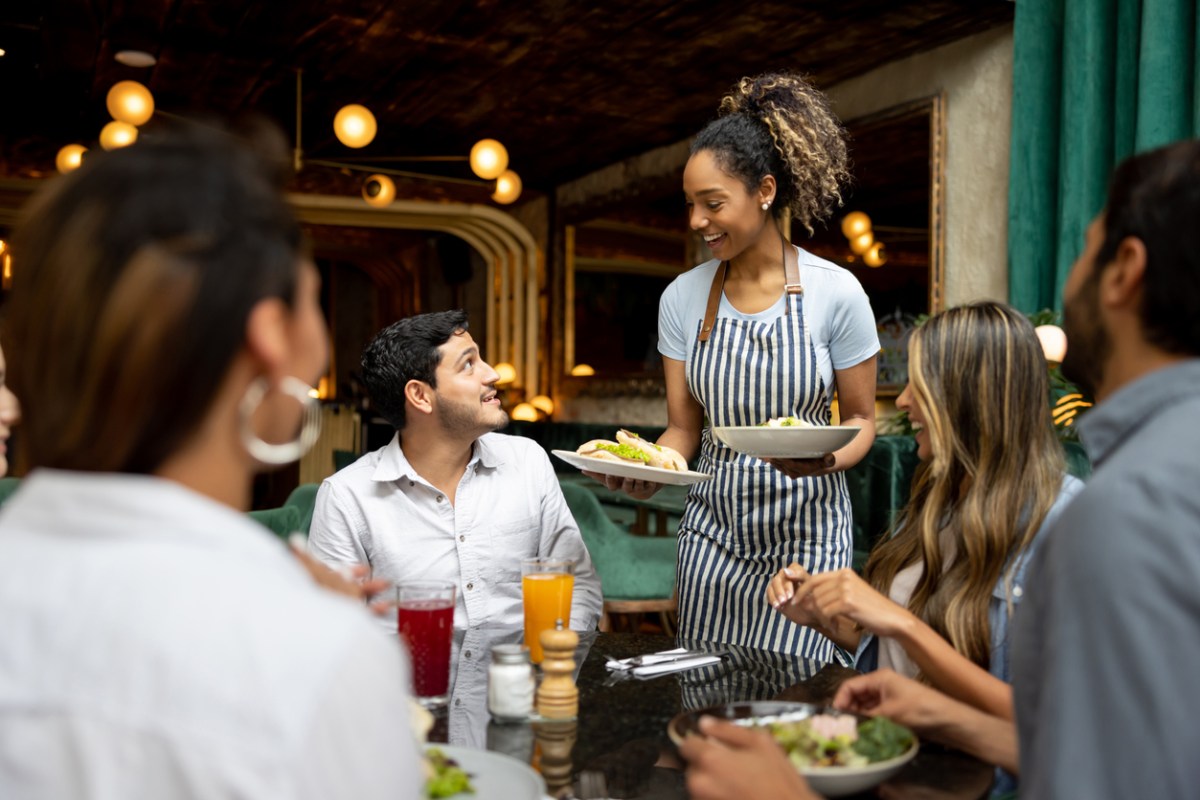By Professor Jane Burns, Chair of the Night Time Industries Association
When it comes to mental health, we often think in clinical terms – raising awareness, identifying depression, anxiety or chronic stress, helping people navigate the medical system and seek help followed by counselling and treatment – medical or psychological. And while early help seeking when experiencing a mental illness is critical, we sometimes forget the simple, human things that keep us mentally fit, healthy and well: connecting through a shared meal, reminiscing when hearing a song, feeling seen and belonging in a safe, engaging and comforting environment.
The truth is hospitality and arts – in all their forms – are more than just businesses. They’re an undervalued public health powerhouse that can drive the wellbeing of a community, create employment opportunities and skills building for young people, and be a haven for our most vulnerable populations, including those living with a disability, who have been traditionally excluded from work and community.
Let’s break down why hospitality, social connection, meaning and belonging and freedom from discrimination through arts, entertainment, music and food are so good for the soul (and the science behind it too).
Connection: The Antidote to Disconnection
Loneliness is one of the biggest risk factors for poor mental health. According to Beyond Blue, one in four Australians report feeling lonely at least once a week. Chronic loneliness increases the risk of depression, anxiety, and even heart disease and cancer.
Hospitality brings people together – literally. It creates third spaces, safe environments: not home, not work, but somewhere to belong.
Every pub, gig, café, bar or bistro becomes a place where isolation is interrupted. A shared table, watching a gig, or being entertained, can turn strangers into mates. It’s community in action.
Food: More Than Fuel
We don’t just eat for survival. We eat for comfort, memory, identity, and joy.
· Cooking for someone is one of the oldest ways humans show love.
· Eating together increases oxytocin, the “bonding hormone.”
· Sharing food activates the same brain regions as receiving gifts.
According to studies from international expert, Professor Felice Jacka at Deakin University, healthy diets are linked to lower rates of depression – but it’s not just the nutrients found in the Mediterranean diet. Rituals around food are also part of what keeps us grounded.
Hospitality gives people that ritual – even when they can’t create it for themselves. Cooking and sharing food taps into deep emotional rhythms:
Alan Tompkins, Australia’s first ambassador for The Burnt Chef Project, recalls his kitchen battles:
“You would shut up, not complain or show any form of weakness, you just did your job.”
Turning the tide, he now champions open kitchens and open conversations – changing the culture for good.
Music: The Mood Changer
Whether it’s live music in a packed venue or soft background tracks over a beautiful dinner, music shifts mood. It can calm the nervous system, evoke emotion, trigger memories, and give voice to what words can’t.
Music therapy is a growing clinical field – but you don’t have to be in a clinic to feel its power. A Friday night band, a Sunday DJ set, or a café playlist can help regulate emotions and build connection.
Live music isn’t just entertainment – it’s emotional resonance. Musicians open up and share their stories of heartbreak and joy, fans lean in, and emotions can be soothed, calmed and understood.
Amy Shark, the Aussie singer-songwriter, shares how music and healthy rituals saved her during touring burnout:
“I find solace in reading, writing music…surrounding yourself with supportive individuals.”
The community formed around music – crew, fans, venues – is vital to mental resilience. In shared lyrics and live energy, we find belonging.
Live music scenes also support community identity and economic resilience – especially in post-COVID recovery.
Hospitality: The Unsung Mental Health Service
Let’s call it what it is: hospitality is frontline mental health care.
Baristas, servers, bartenders, musicians, chefs – they create experiences that remind people life can be joyful, generous, and shared.
For people doing it tough – those who are lonely, grieving, stressed, or struggling – a simple act of hospitality can change the course of their day. Maybe even their life.
You never know who’s sitting across that table. And sometimes, the kindness of a stranger is the only kind someone gets all week.
Put Together, It’s a Mental Health Ecosystem
When hospitality, food, music and connection come together, they don’t just entertain – they heal.
They:
· Reduce isolation
· Activate positive emotion
· Support identity and belonging
· Create rhythm, joy and presence
· Offer safe, inclusive spaces
In a world that can be cold and transactional, hospitality says: “You matter.”
As Listen Up Music – Australia’s mental health music charity – puts it, music-focused events “empower every music industry professional to develop and maintain positive mental health.”
Final Thought: Let’s Not Undervalue the Magic
If you’re in hospitality – as a publican, chef, barista, host, musician, manager or working the floor – your work does more than entertain. You create moments of care, connection, and belonging.
As we talk more about mental health at a national level, let’s remember, not all healing happens in clinics. It happens at gigs. Around dinner tables. On the dance floor. In the local cafe. It happens in spaces where people feel welcome, heard, and connected.
When the world feels heavy, the simple acts of sharing food, listening to music, and being together can be profoundly healing. Here’s why hospitality – in all its forms – is not just a business, but wellbeing in action.
Hospitality, food, music – they’re more than industries. They’re human infrastructure for mental health. In them, we find joy, ritual, acceptance, and the gentle reminder: we’re in this together.

